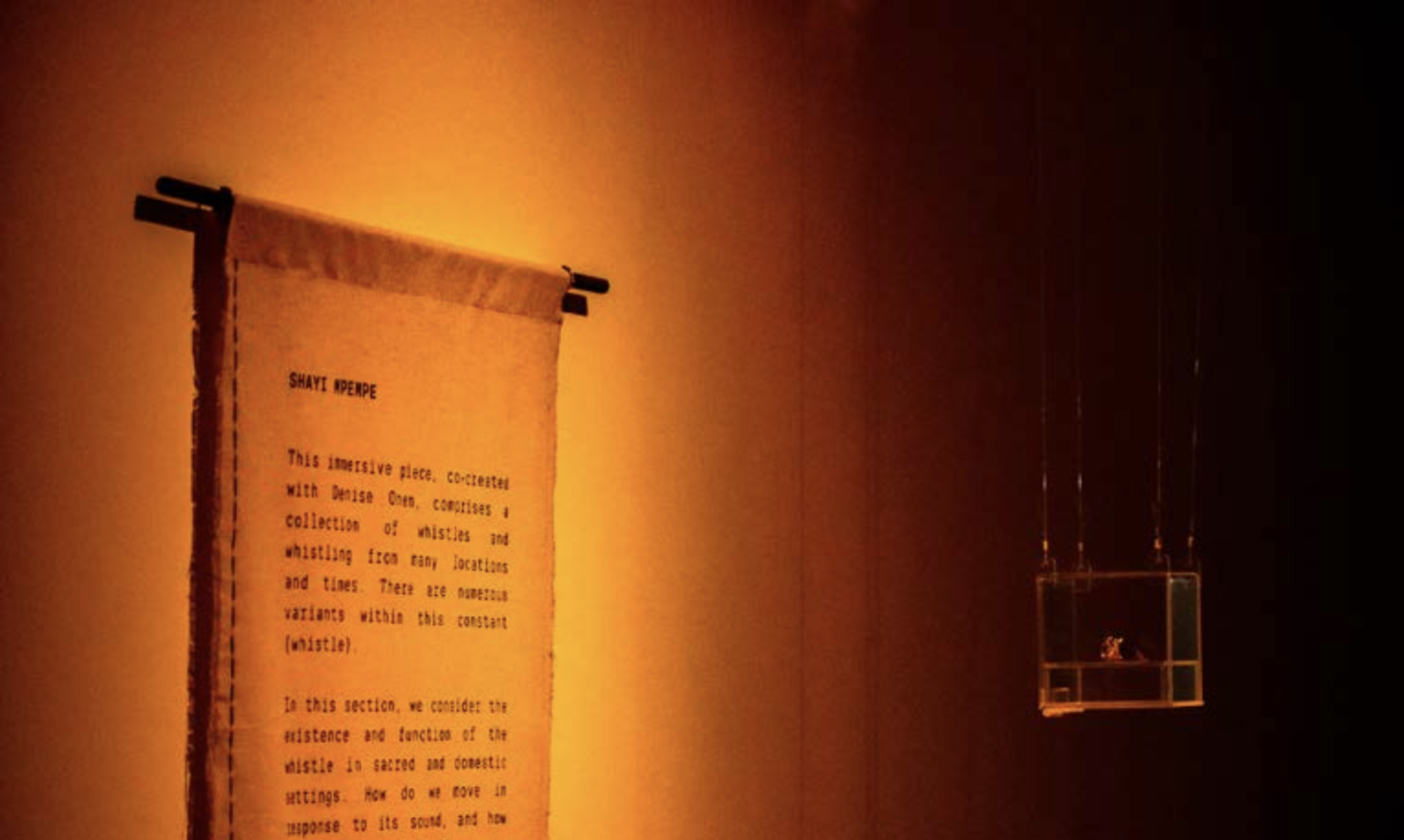By Bukamuso Sebata
The Theatre of Beauty: Imvuselelo exhibition delves into the intricate relationship between plant medicine, history, memory, and storytelling. The ground-breaking project investigates the profound impact psychedelic and indigenous medicine practices have on healing individuals, communities, and generational traumas.
Through a captivating installation featuring film, performance, found footage, and sound, the exhibition offers a thought-provoking exploration of the transformative power plants have over reconfiguring identities and healing practices.
At the heart of the Theatre of Beauty: Imvuselelo lies the vision of Koleka Putuma, a renowned theatre practitioner, writer, and poet. Putuma’s work explores a wide range of thought-provoking themes, including homophobia, womanhood, race, and the dynamics of relationships, religion, and politics. Her poetry stands out with its sharpness and unique use of language, and structure. Each line carries a powerful statement of her convictions. Putuma received the Standard Bank Young Artist for Poetry – the first of its kind.
“Imvuselelo”, the first iteration of the Theatre of Beauty project, takes viewers on a mesmerising journey. It is an installation that seamlessly weaves together various artistic mediums to create a multi-dimensional experience. Through written and recorded text, audiences are immersed in a captivating narrative that unfolds before their eyes and ears.
In the first part of the exhibition, Putuma explores the different meanings of the word ‘imvuselelo’. In isiXhosa, the word means ‘awakening’. In her art, she ties it to the numerous ways in which plant medicines are catalysts for awakenings. This is seen in the third part of her exhibition. Putuma names different plant medicines used in various rituals and writes short poems under those names. For example, there is a LSD poster where she writes a poem about the different ‘selves’ she houses in her body.
The exhibition draws on diverse references, evoking a sense of nostalgia and collective memory. It touches upon the psilocybin ceremonies, indigenous traditions, and the profound healing properties of plant medicines. These themes are interwoven with cultural touchstones ranging from the familiar sounds of Ricky Lake, Jam Alley, and Vegeta, providing a rich tapestry of memories that resonate deeply with audiences.
The Theatre of Beauty:Imvuselelo prompts one to reflect on the ruptures that have yet to be soothed. It invites us to consider the unresolved traumas and divisions that persist within individuals and communities. By intertwining history, memory, and the healing power of plant medicines, the exhibition compels us to confront these wounds and imagine new possibilities for healing and reconciliation.


